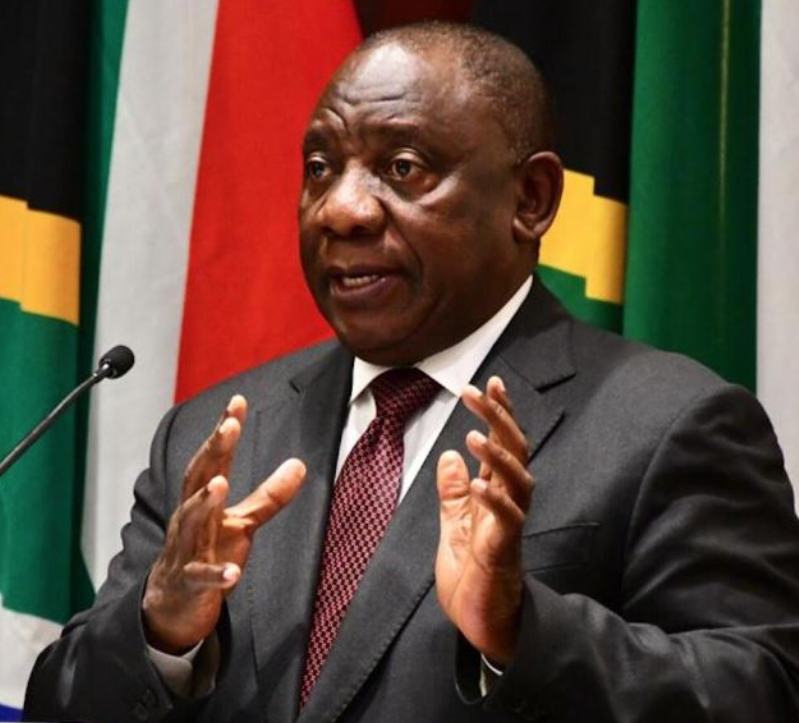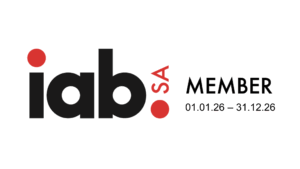Cape Town – President Cyril Ramaphosa has called for strengthened measures to combat corruption in both the public and private sectors, following the submission of the National Anti-Corruption Advisory Council’s (NACAC) final report.
In a weekly newsletter to South Africans, Ramaphosa said the council, which was established in 2022, “was set up to guide the implementation of the National Anti-Corruption Strategy and to strengthen the state’s anti-corruption architecture.” The three-year report includes a recommendation for a permanent, independent anti-corruption body to be known as the Office of Public Integrity and Anti-Corruption.
“The proposed body would be expected to both fight corruption and prevent it from happening in the first place,” Ramaphosa said, noting that it would respond to one of the key recommendations of the State Capture Commission.
The NACAC report also recommends enhanced coordination among law enforcement agencies, the use of artificial intelligence to prevent corruption, and the creation of an anti-corruption data-sharing framework. “These recommendations will be thoroughly reviewed by the relevant government institutions for tabling and deliberation in Cabinet,” the president said.
Corruption is much more than the result of the criminal intent of a few individuals be they government officials, elected public representatives or business people. It can become embedded in state institutions or business enterprises and manifest itself in practices and… pic.twitter.com/IQ8Bd5rcnd
— Cyril Ramaphosa 🇿🇦 (@CyrilRamaphosa) September 8, 2025
Ramaphosa acknowledged that tackling corruption in South Africa is “complex, multi-faceted and protracted,” requiring the dismantling of long-standing patronage networks and the closing of regulatory loopholes. He stressed the need to address corruption in both public institutions and private businesses, warning that “tax evasion, market manipulation, inflated contracts and tender collusion by businesses significantly harm our economy, yet often receive less attention than corruption in public institutions.”
Highlighting recent law enforcement efforts, Ramaphosa cited briefings by the Hawks and the Special Investigating Unit on investigations into the South African Post Office, Postbank, the South African Social Security Agency, water entities, fuel tenders, and several municipalities. “While allegations of corruption within these important institutions are deeply disturbing, it is encouraging that they have been detected and that criminal action is being taken,” he said.
Ramaphosa also pointed to international recognition of South Africa’s anti-corruption progress. In July, the OECD Working Group on Bribery noted that “the resilience and commitment of individual government and law-enforcement officials, working in a multi-agency approach, has contributed to this progress.” The president further cited the country’s strides in meeting all 22 action items from the Financial Action Task Force to combat money-laundering and terrorist financing, moving closer to removal from the FATF grey-list.
Beyond arrests and prosecutions, Ramaphosa emphasised institutional reform. “Corruption is much more than the result of the criminal intent of a few individuals… It can become embedded in state institutions or business enterprises and manifest itself in practices and organisational culture,” he said.
Ramaphosa ended with a call for a culture of accountability: “We need to build transparent, accountable and ethical institutions – both public and private – in which corruption is unable to take root. We all need to work together to build a society characterised by responsibility and integrity.”



